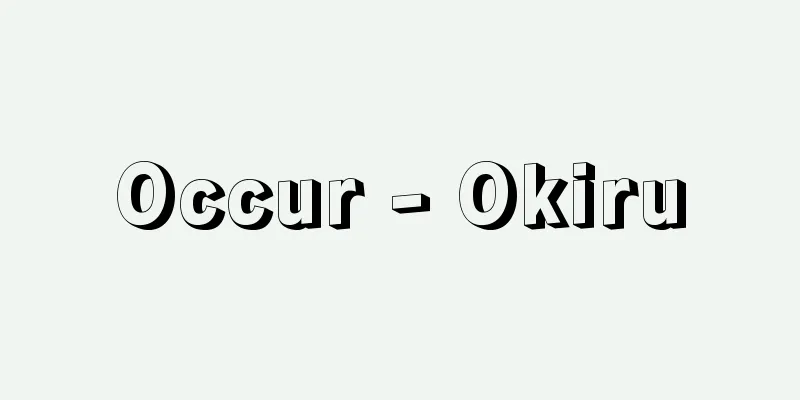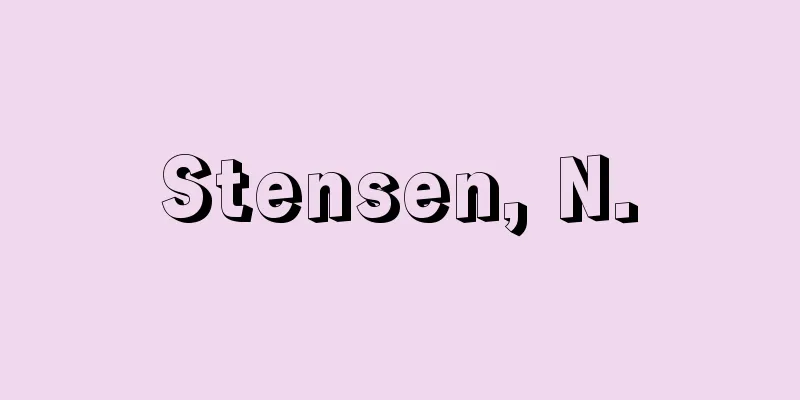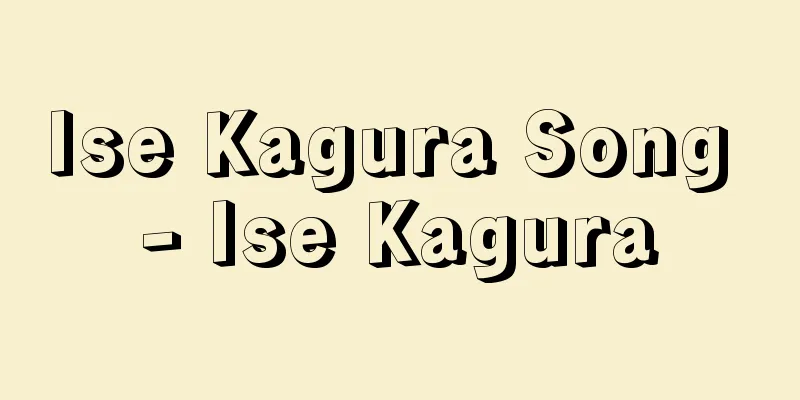Occur - Okiru

〘Self-first one〙 O・Ku 〘Self-second two〙① Something that was lying down stands up. Something that was leaning returns to its original position. ※Hyakubokenyusho, mid-Heian period (around 900) "When one falls down due to the earth, one must return to the ground and rise up . " ※Heike (early 13th century) chapter 8 "Even if one spreads out his sleeves and tries to rise, one will inevitably wake up."② Something that was sleeping wakes up. Also, wakes up and stands up. Leaves one's bed. ※Man'yoshu (late 8th century) chapter 12.2914 "I dreamed of my sister , who I thought was beautiful, and got up to look for her, but I was sad to see that she was gone."③ Not sleeping. Also, not lying down. ※Man'yoshu (late 8th century) 19:4171 "Ordinary people rise to hear the first cry of the cuckoo at dawn . " ④ Water comes and the boat floats. ※Rokuon-in-den Itsukushima Pilgrimage Record (1389) "The boat, which was calm on the 20th, floats up as it fills with water." ⑤ Something that disturbs a calm situation occurs. ※Hito-varazama (1921) <Masamune Hakucho> "Thinking that there is no point in talking to Ryozo, he suddenly blurted out the ache that had awakened in his body." ⑥ The fire grows. Also, the charcoal catches fire. "A fire breaks out." *Nippon Nikki (1951) (translated by Imoto Takeo) December 25, 1945 "A wrinkled old maid came to put some red hot charcoal in the brazier." ⑦ It comes from something. It originates from something. *Chawa (1915-30) (Usuda Nakisumi) Crest "There is a theory that the thing called a crest originated from a crest on a carriage."Okori (start)Okoshi [risen]Oki [start]Ki [start]Okki [start]O・Ku [start]Source: The Selected Edition of the Japanese Language Dictionary About the Selected Edition of the Japanese Language Dictionary Information |
〘自カ上一〙 お・く 〘自カ上二〙① 横になっていたものが立つ。傾いていたものがもとの状態にもどる。※百法顕幽抄平安中期点(900頃)「地に因りて倒れぬるいは、還りて地に因りて起(オクル)ことを須ゐる」※平家(13C前)八「左右の袖をひろげておきんおきんとすれども、なじかはおきらるべき」② 眠っていたものがめざめる。また、めざめて立つ。寝床を離れる。※万葉(8C後)一二・二九一四「うつくしと思ふ我妹(わぎも)を夢に見て起(おき)て探るに無きがさぶしさ」③ 眠らないでいる。また、横にならないでいる。※万葉(8C後)一九・四一七一「常人も起(おき)つつ聞くそほととぎすこの暁(あかとき)に来鳴く初声」④ 水が来て舟が浮かび出る。※鹿苑院殿厳島詣記(1389)「二十日〈略〉しほのひてゐたる船の、しほ満ちて浮かぶをば、おくるといふにこそ」⑤ 穏やかな状態のところに、それを騒がせるような物事が生じる。※人さまざま(1921)〈正宗白鳥〉「良三なぞに話したって甲斐がないと思ひながら、ふと起きて来た体内の疼(いた)みを口に洩らした」⑥ 火気が盛んになる。また、炭に火が移る。「火がおきる」※ニッポン日記(1951)〈井本威夫訳〉一九四五年一二月二五日「皺だらけの婆さん女中が、真っ赤におきた木炭を火鉢に入れにきた」⑦ あるものごとに由来する。端を発する。※茶話(1915‐30)〈薄田泣菫〉紋「紋所といふもの、もとは車の紋から起(オ)きたといふ説があるが」
おこり【起】おこし【起】おき【起】き【起】おっき【起】お・く【起】出典 精選版 日本国語大辞典精選版 日本国語大辞典について 情報 |
Recommend
OSI Protocol Reference Model
… Computer Network internet [Kenichiro Murakami]....
Iyomizuki - Iyomizuki
... Nearly 20 species of Corylopsis are known fro...
libertinus
…Moreover, in Greece, freed slaves were generally...
Fernando Alvarado Tezozomoc
1530?-1610? A native historian from shortly after ...
Dorome (Doro-me) - Gluttonous goby
A fish of the family Goby in the order Perciformes...
Hydrography
...However, many people use the terms interchange...
Chiromantes bidens (English spelling)
…The closely related Parasesarma pictum is a colo...
Moraine
Also called moraine or glacial moraine. A hillock ...
cauchu
...Although the amount of rubber latex secreted i...
Yukitoshi Takikawa
Criminal law scholar. His name can also be read a...
Nakazato [village] - Nakazato
A village in Nakauonuma County in southern Niigata...
Holbein (English spelling)
A German family of painters active during the Rena...
Government affairs - Kanmu
〘Noun〙① A title given to the Left Chief Historian,...
Rhododendron aureum (English name) Rhododendronaureum
…[Masaaki Kunishige]. … *Some of the terms mentio...
Kanso - Kanso
...The work is often concluded with a concluding ...









